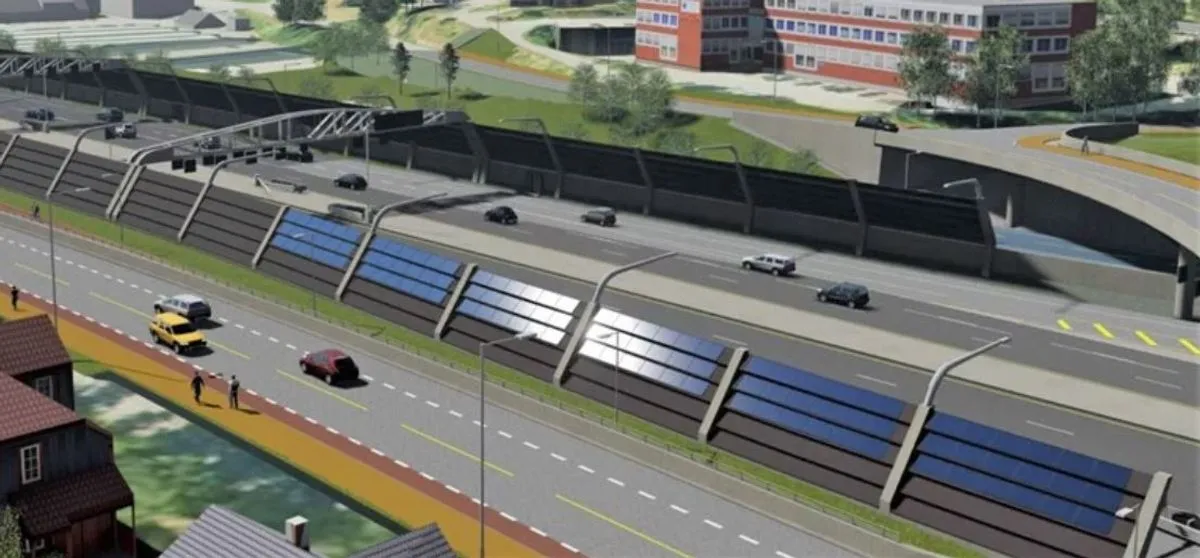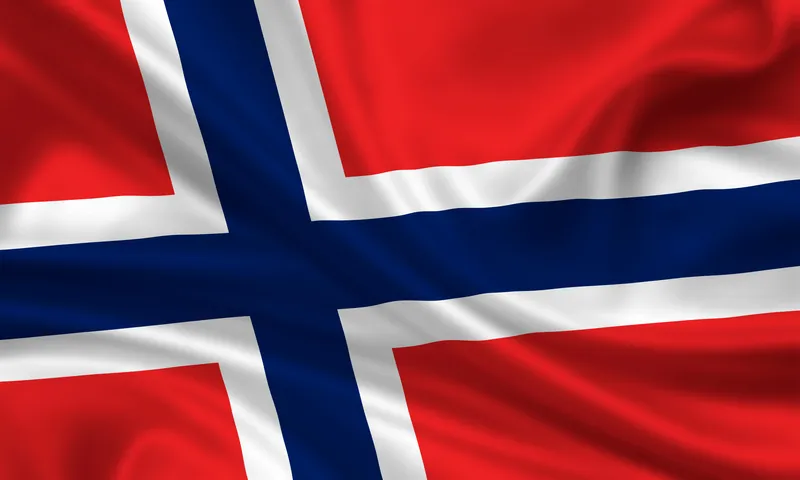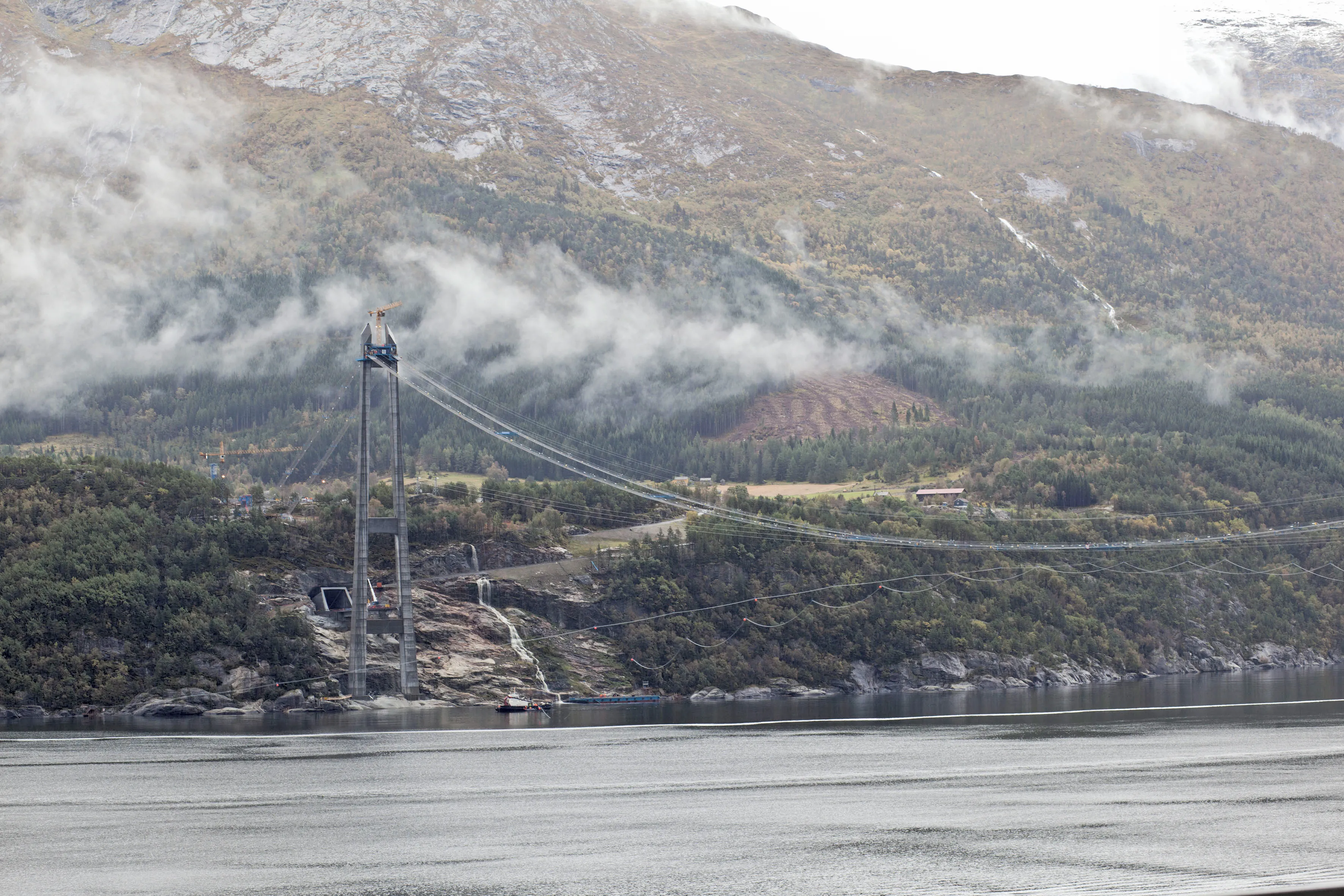
Skanska Norway has won a contract to construct 2.3km of the new E18 in Bærum, a municipality in the greater Oslo area.
The deal covers the section between Fornbebukrysset and Strand and will have six lanes, of which one lane in each direction will be reserved for public transport and heavy vehicles. Construction of 660m of the Høvik Tunnel is included in the contract, as well as a cycle path.
The existing E18 in the area carries around 90,000 vehicles daily.
Under a different contract, construction of the Høvik Tunnel started in January. Most of the tunnel – around 1.75km – will run though rock and Skanska will be constructing in concrete an extension to the structure.
According to the Norwegian Public Roads Administration, Statens vegvesen, when the Høvik Tunnel is completed in a few years' time, the tunnel portal from the west will be illuminated using power from solar cells that will be situated on 7m-high noise barriers running along the E18.
However, the agency said installation of both noise barriers and solar panels is a few years down the road. The plan is for the barriers to be in place at Ramstadsletta in 2026/27. The barriers will have a curvature favourable for exposing the solar panels to the sun and cover an area between 250-300m² on the south side of the road, just before the planned Ramstadsletta Bridge. With today's technology, this gives a power production of at least 50kW.
Some attempts have previously been made to use solar cells for tunnel lighting in smaller single-pass tunnels. But the E18 West Corridor is the first to test it on a highly traffic road.







